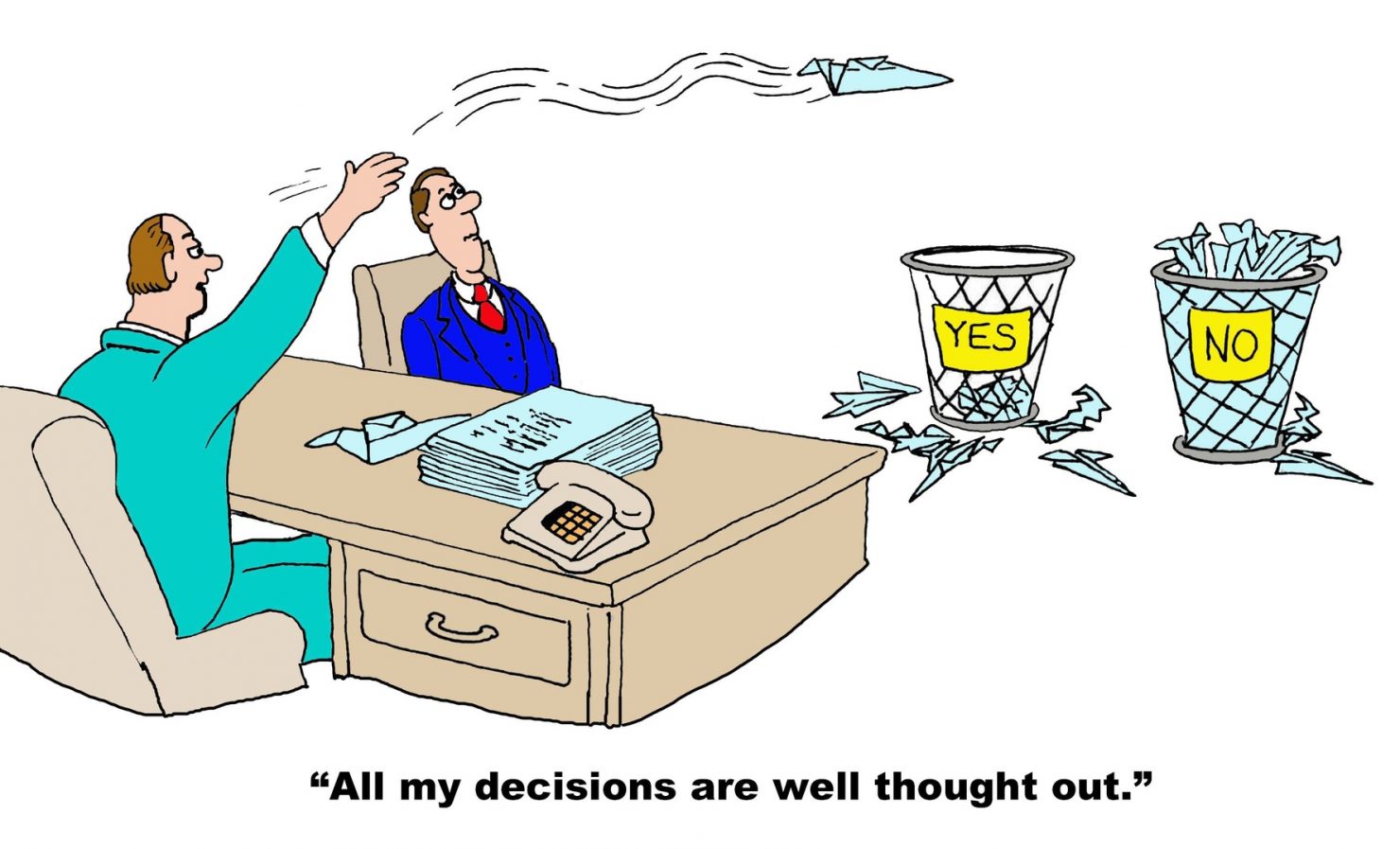Ultimately it all comes back to benefit you. The more effectively you communicate in business, the easier it is to build relationships with important stakeholders.
Over time, clients will come to value your opinion on a range of issues, not only those directly related to their business.
Suppliers will often consult you when researching new product ideas or, if your relationship is close and built on mutual trust, the may call on your help in test marketing a new product range.
Communication is an essential tool of leadership.
Colleagues who learn to value your judgment will approach you with their observations about how the company might improve aspects of the business they’re familiar with. They’ll almost certainly ask you, formally or informally, for career advice even if they don’t report to you.
All of which increases your value in the eyes of your senior management and gives you a competitive edge when promotion or job offers are on the table.
Think how much stronger your CV would be if you were able to make claims like these:
“Based on a report I wrote, management agreed to try out some new fragrances for our product and the results were excellent.”
“When our factory had to close due to the strike, our communications director was on vacation so I had to coordinate media releases, notes to customers and suppliers, and non-striking personnel.”
“I work with a willing team of young professionals. When I joined them, the workload was hectic and deadlines were often missed. I organised
regular progress meetings and work reviews and now our projects
always run on time.”
These are powerful indicators to that you have well developed leadership skills and, if your current employer isn’t giving you the recognition you deserve, you’ll most certainly be in demand elsewhere.
Better communication makes you and others around you more productive.
While it takes longer to write simple, clear, concise work, the payback is considerable. For example:
- If your emails are easy to read, are edited to the ideal length of 50-125 words and have compelling subject lines, more people will read them and the response is likely to be higher.
- Take the time to prepare and structure a business presentation or a sales pitch and the improvement in your results will surprise you.
- Depending on your job function, there are many ways you can communicate with colleagues that will fire up enthusiasm and open new opportunities for collaboration.
Wherever you are, better communication will take you further.
Think beyond your horizons. What if you wanted to work in another country? If you suddenly had an opportunity to represent your company in Japan, at a trade show for example, what’s the first thing you would do? Learn to communicate.
Of course, you’re not going to learn Japanese in a few weeks but you can master the non-verbal signals without which no respectable Japanese business person will pay attention to you.
Once again, communication reveals itself as not just a helpful tool in business but a vital one.















